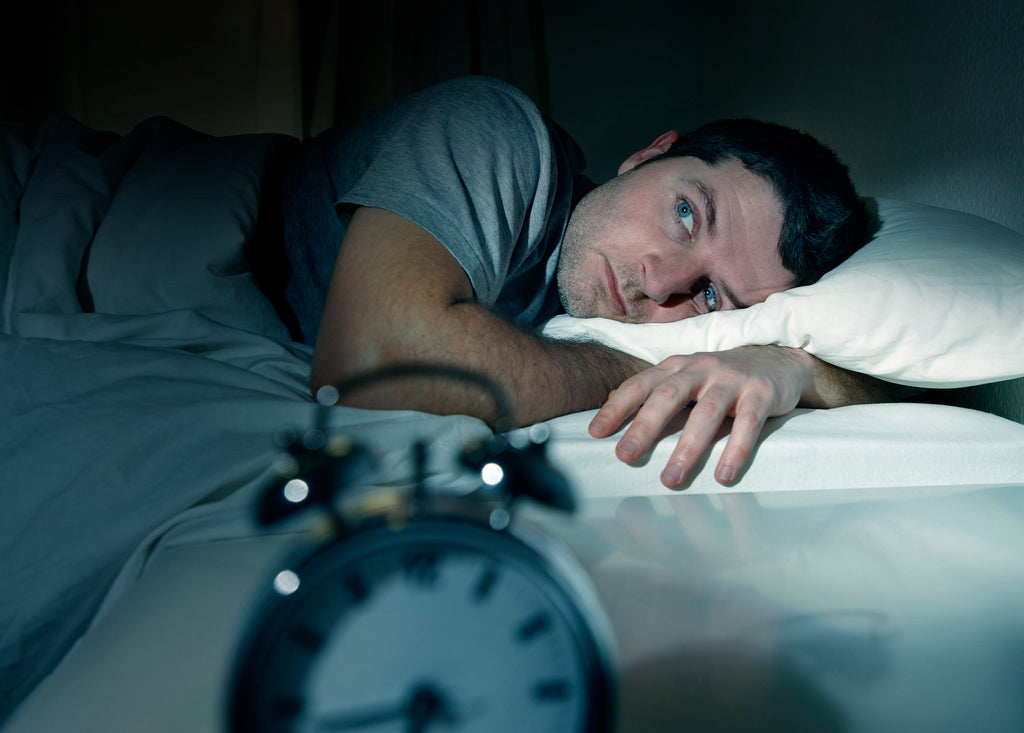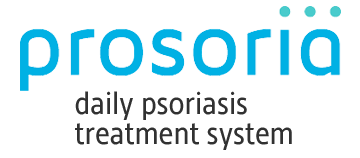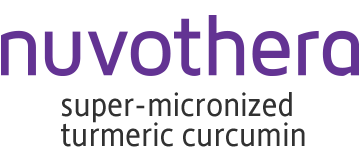
We’ve all suffered through sleepless nights from time to time. New parents deal with it for months on end and somehow survive. For those living with a psoriasis skin condition or disease, the sleepless nights can feel endless. It starts with an itch that wakes you up from a sound sleep -- pruritus (yes, there’s actually a word for it).
And then comes the scratching, sometimes while sleeping, that keeps you and your partner from ever feeling truly rested. That lack of sleep raises stress hormones in your body that can actually make psoriasis worse. Not to mention, scratching from intense itching during your sleep can cause bleeding and skin irritation, resulting in worse skin conditions. This cycle leaves many psoriasis patients and sufferers feeling as if sleep is out of reach and that they’ll never feel truly rested again.
While lack of sleep is frustrating, problems also go beyond the bedroom. Itchy skin sleep issues can cause daytime problems, too. Many with psoriasis suffer from longer, worsened flares after bouts of sleepless nights. Some have trouble concentrating at work or school. Relationships become taxed as “itchsomnia” takes an emotional toll.
All in all, it’s a bigger deal than just feeling a bit sleepy. The National Sleep Foundation recommends six to 10 uninterrupted hours of sleep for adults. And, they report that people who aren’t getting enough sleep are prone to depression, overeating, high blood pressure, delayed motor skills (thus increased likelihood of car accidents), anxiety, and irritability.
Tips for Getting More Sleep With Psoriasis
However, people with psoriasis can improve their sleep with these suggestions:
Create a bedtime routine
A bedtime routine is a good way to signal to your body and brain that it’s time to shut down for the night. Things like powering down your devices, avoiding naps, cutting back on fluids a few hours before bed, and going to bed at the same time every night are all helpful in creating less sleep disturbances and a more restful sleep environment.
Lotion up
A nighttime psoriasis cream can provide relief from your itchy, irritating, flaky, dry skin condition while you sleep. The Prosoria™ Rapid Repair Skin Exfoliating Ointment is an intensive skin treatment that boosts and accelerates exfoliation to rapidly restore the skin’s appearance by sloughing off dead skin cells and the reappearing silvery scales, while intensively moisturizing. It’s best to use it at night with its soothing and calming effect on skin.
Use it as part of the Prosoria™ Daily Psoriasis Treatment System to relieve psoriasis symptoms including scaling, flaking, itchy skin, redness/red patches, and irritation. Similar symptoms are present in skin conditions such as contact dermatitis, also referred to as contact eczema. Be sure to talk to your dermatologist to see which skin condition you have in order to seek proper treatment.
Plan for bad days
Bad days happen. Sometimes no amount of pre-bedtime prep work will bring that ever-elusive rest. It’s okay. You can plan ahead for these days by practicing calming bedtime meditation, by asking friends and family to step in where they can the next day, and by being gentle with yourself. The more you stress over not sleeping, the harder it is to sleep.
Talk to your doctor
If insomnia caused by psoriasis itching is a chronic problem for you, it’s time to talk to your doctor or dermatologist. Plan ahead by keeping a sleep journal to log the hours you’ve been sleeping and what kinds of activities lead up to those restless nights. Your doctor may decide to prescribe a sleep medication to break the insomnia cycle.
Sleep is crucial to functioning well in life, and without restful sleep those who live with mild to severe psoriasis are at a disadvantage. Whether you create a bedtime routine, find the right topical treatments or night cream that reduces your inflammation and/or itchiness, plan for bad days, or talk to your doctor about different medications. Taking steps to sleep better can only make your life happier.
Did you know that man is the only mammal who intentionally delays falling asleep? All other mammals fall asleep when their bodies tell them to, yet we fight it or choose to treat it like a chore rather than a critical part of survival. Why make your life harder if you don’t have to? By making sleep a priority, you are taking control of more than just your nights: you’re giving yourself permission to live a better life. Keep in mind that it takes time for habits to change, so be patient with yourself. It might take longer than you’d like to find that perfect night of itch-less sleep, but if you keep trying, you will get there.
If you have questions about how Prosoria™ can help you find more restful sleep, or want to learn more about how the Prosoria™ Daily Psoriasis Treatment System can help you on your journey to clearer skin, sign up for our newsletter, follow us on social media, send us an email at support@prosoria.com, or visit prosoria.com for more information.
Be clearer, be confident, be you.

